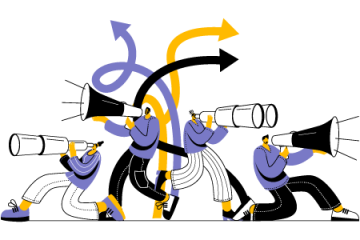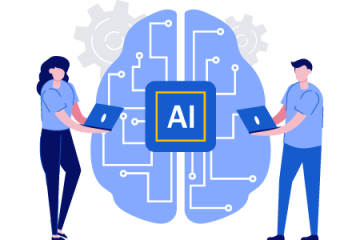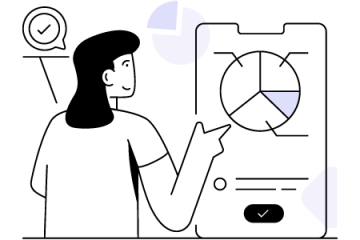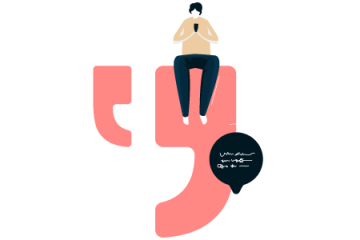The education sector in India has come to a long way post-independence and there is still a big distance to cover to match world standards. Education in India is seen as a service to the society and the teachers are thus given respect to the level of gods. It is the “guru” who makes a human to see and appreciate the gods. The dictionary meanings of the word commercialize means “To render commercial, make a matter of trade or the subject to commercialism. In other words, a business method that exploits mainly for profit at the expense of quality. However, the commercialization of education in India has impacted the respect and honor that teachers so rightly deserved.
Post-1991 privatization entered the country claiming around all of the total industrial and organizational sectors. The education sector too was commercialized and many players both domestic and international entered the market. Considering the size of a country like India, the government alone could not provide education to the huge population. Private players were the inevitable solution that had to be taken sooner than later.
Advantages of commercialization of education
Let's look at some of the benefits that the commercialization of education brought to the country.
Rise in employment
Commercialization of education has produced employable youths at a very rapid rate that were soon engaged in nation-building work. Had the commercialization not taken place, there would have been an acute shortage of people to take on roles and the progress of the country would have suffered.
The unemployment Rate in India averaged 4.08 percent from 1983 until 2016, reaching an all-time high of 8.30 percent in 1983 and a record low of 3.46 percent in 2016.
Rapid opening of schools
Schools small and big have mushroomed everywhere in the country and even in rural areas. This would not have been possible if the government was the only player in the education sector.
The opening of schools took education to every nook and corner of the country. This would have been near impossible if the country relied on government alone.

Private schools are better schools than government-run schools
If you compare schools that are run by the government and private, you will find a sea of difference in both. Generally speaking, private schools have better infrastructure, a better quality of teachers and are better in many areas than government schools. The private schools pump in more money than the government to provide better education whereas there is lots of leakage in government operations.
So while people may see the side effects of the commercialization of education in India, it has definitely given wings to the sector.
Disadvantages of commercialization of education
Even though in the past few years the literacy rate in India is increasing in a well-fashioned manner, the commercialization of education is one of the worst things that could ever have happened. Let's look internally how commercializing education is a huge pitfall that could cost you more than imagined
Growth of incompetent institutes
India has become a dirt-pool where educational institutions proliferate like mushrooms and there is none to clean up! You can find a college every few kilometers now with most of them providing sub-standard education.
Foremost among these are the engineering and medical colleges which have become clubs of incompetent youngsters. Before the year 2000, getting admission to a college was pretty difficult with lots of competition and only the cream students clearing the exams. Now, every tom and harry can easily get admission in an engineering or medical college and come out with flying exams.
This has suddenly created a huge pool of competent degree hold outs facing an employment crisis.
Deterioration in educational value
“How did educational values in kids become so poor?”
The education value provided to students has fallen tremendously owing to the commercialization of education in India. With schools and colleges focusing mostly on churning out students; keeping a closed eye on the quality of students.
Privatized education systems cover the curriculum just for the sake of it. They fail to build concepts and their applications in the real world. This creates just a group of students who have memorized a few lines from the book without knowing the meaning of the lines.
Making huge money in the name of quality education
The main objective of private entities is to mint money in every angle they could possibly do. The cost of education has increased by nearly 10 folds in the past decade. People have created the misconception that the quality of education is directly proportional to the cost. They invest a lot of money to get a quality education for their kids in want of a better future. The bitter fact is that the return on investment turns out to be quite bad.
Exploitation of poor
Commercialization leads to the exploitation of the poor who easily get lured for a better future. They fund their kid's education with whatever savings they have and in the end, the dreams often get shattered. The road to full education is a long and weary one and the poor are more than often not prepared for this.
Only state-run schools and college are their best bets as it comes in cheap. But the low quality of education in these government institutes makes them switch over to private institutes and hence the loop of exploitation.
How can the government make sure that commercialization does not produce negative effects? This is the billion-dollar question that the government has to answer to its citizens.
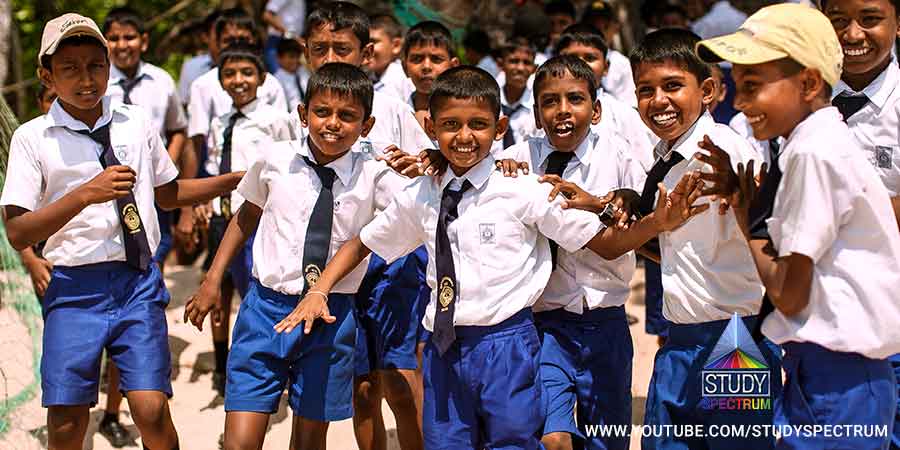
Government actions to check commercialization
Let's look at check the government can introduce to make sure the commercialization of education does not hurt people.
Checks on fees and stringent audits
The government should keep a strict check on the fee structure in the private schools, and they should not be allowed to change the fee structure on their wish. A proper process to change the fee structure will ensure that the commercialization of education does not become an uncontrollable monster.
Check the quality of education
Students picked randomly from schools should be made to sit in exams conducted by the government to ensure that the right quality of education is being imparted. The students need to be picked randomly and not suggested by the school as they may send only their best students for the test.
These tests should be done for all classes every quarterly so that everyone in the chain feels the pressure of providing quality education. Even the students will be on their guards to learn and keep up with the rest of the class.
Teacher hiring in schools and colleges
Teachers are hired in schools and colleges randomly with no particular process followed. There are many colleges who hire the recently passed out students from their own college as teachers to compensate for their placements.
The hiring of teachers should be made process-oriented with the government setting up clear guidelines for institutes to follow.
Centralized exams
CBSE has a central examination system that ensures students are tested by the same yardstick. This is not the case with most colleges where papers are set internally. The government should bring in a structure where all colleges are tested with the same question paper just like board exams conducted by CBSE.
This will lead to a uniform evaluation of students bringing in more accountability.
In order to escape the disadvantages posed by commercialization of education sector, one should start utilizing the free resources available. For example, using YouTube and other online sources to access free video tutorials to study would keep the cost of education low.
In this digitized era, most of the information can be attained free either in text format or in video format via the internet. It's our responsibility to provide free and quality education to our fellow members and to the upcoming generation.









